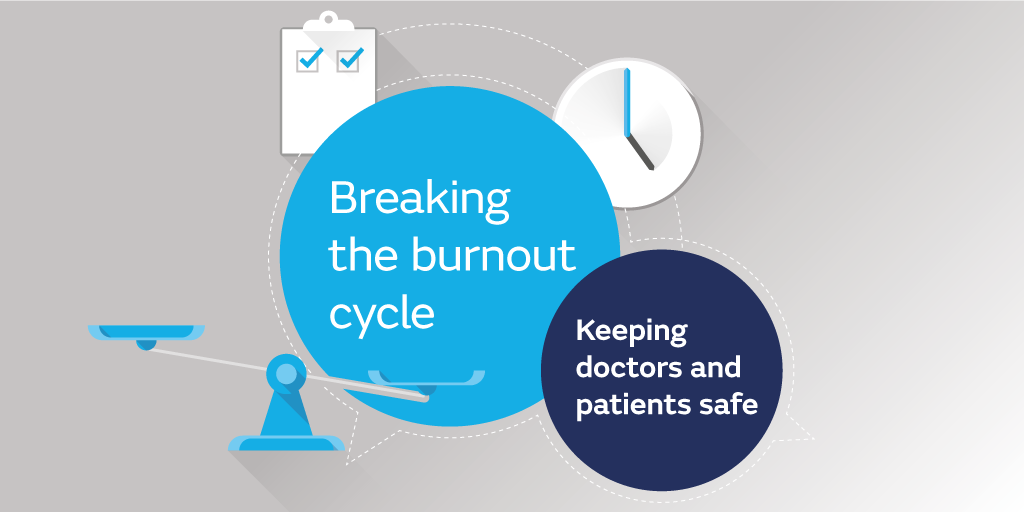Seven in ten doctors do not have adequate time to discuss end of life care
Post date: 14/05/2019 | Time to read article: 2 minsThe information within this article was correct at the time of publishing. Last updated 15/05/2019
A Medical Protection survey of over 370 medical members reveals that over seven in ten doctors (72%) do not feel they have adequate time to discuss end of life care with their patients.
Discussing death can be very distressing and emotionally demanding, therefore, it is important doctors feel confident they have enough time with their patients to talk through the issues, as effective communication is crucial in providing good care.
With pressures on the NHS continuing to impact on doctors’ ability to spend as much time talking to their patients as they would wish, Medical Protection highlights that employers need to pay particular attention to ensuring their doctors have sufficient time to spend with patients near the end of their lives. It is also important that medical staff have the skills they need and feel that they are well supported.
The survey also reveals that just over half (55%) of doctors who responded to the survey feel comfortable discussing dying with their patients. Being comfortable talking about dying allows healthcare professionals to have necessary and difficult conversations with patients, and their families about end of life care.
Medical Protection regularly provides advice and guidance to members on the medicolegal risks associated with a number of death related issues such as DNAR orders, organ donation, withdrawal of treatment or how to communicate with patients and their families following an unexpected death.
Dr Rob Hendry, Medical Director at Medical Protection, said:
“When discussing end of life issues good communication, between a doctor, patient and their family, is important. When patients and their families feel they have been consulted and involved in decisions, the process of death and grieving can be less burdensome.
“The death of a patient can also have an important impact on doctors and they should not be afraid to seek help in these circumstances. Talking through these feelings with a close friend or colleague can be helpful. Doctors can also contact their Medical Defence Organisation if they are concerned that the quality of their care is called onto question. Doctors who are having difficulty in the wake of an issue such as a claim or complaint can also seek help through the MPS counselling service.
ENDS
For press enquiries, please contact the MPS press office.
Notes to editor
The Medical Protection survey ran from in March 2019 and received 374 responses from UK doctors.
About MPS
The Medical Protection Society Limited (“MPS”) is the world’s leading protection organisation for doctors, dentists and healthcare professionals. We protect and support the professional interests of more than 300,000 members around the world. Membership provides access to expert advice and support together with the right to request indemnity for complaints or claims arising from professional practice.
Our in-house experts assist with the wide range of legal and ethical problems that arise from professional practice. This can include clinical negligence claims, complaints, medical and dental council inquiries, legal and ethical dilemmas, disciplinary procedures, inquests and fatal accident inquiries.
Our philosophy is to support safe practice in medicine and dentistry by helping to avert problems in the first place. We do this by promoting risk management through our workshops, E-learning, clinical risk assessments, publications, conferences, lectures and presentations.
MPS is not an insurance company. All the benefits of membership of MPS are discretionary as set out in the Memorandum and Articles of Association.






